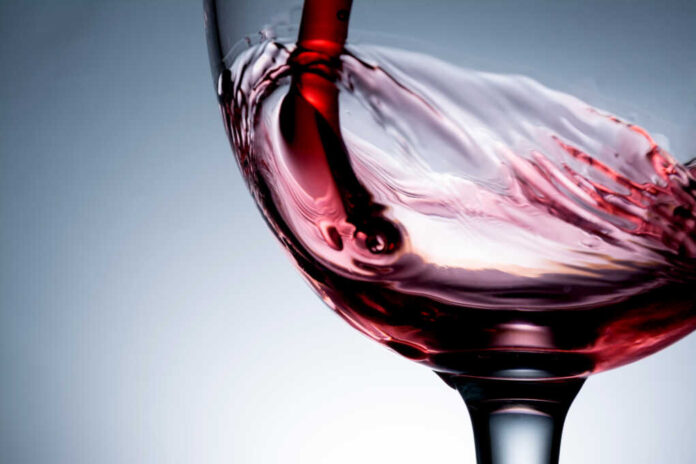
The idea that a glass of wine with dinner is harmless, or even beneficial to health, is a pervasive belief in our society.
However, this seemingly innocuous habit may come with a hidden cost.
The Link Between Alcohol and Breast Cancer
Alcohol consumption, regardless of what type of beverage, is a well-established risk factor for multiple types of cancer, including breast cancer.
The International Agency for Research on Cancer (IARC) has classified alcohol as a Group 1 carcinogen, indicating that there is strong evidence of its cancer-causing properties.
Despite this, public awareness of the alcohol-cancer link remains low. A recent study found that only 20.3% of U.S. adults were aware that drinking wine increases cancer risk, compared to 24.9% for beer and 31.2% for liquor.
The Misconception of Wine as a Healthier Choice
The study also revealed a concerning trend: more people believed that wine decreased cancer risk (10.3%) compared to beer (2.2%) and liquor (1.7%). This misconception likely stems from the widely publicized potential heart health benefits of moderate wine consumption, particularly red wine.
The same study found that individuals who recognized the increased heart disease risk associated with alcohol consumption were more likely to be aware of the alcohol-cancer link.
How Alcohol Increases Breast Cancer Risk
Alcohol can increase breast cancer risk through several mechanisms. When alcohol is consumed, it is broken down into acetaldehyde, a toxic substance that can damage DNA and lead to cancer-causing mutations. Alcohol also increases estrogen levels in the body, and higher estrogen levels are linked to an increased risk of breast cancer.
Alcohol can also impair the body’s ability to absorb and utilize essential nutrients, such as folate, which play a role in DNA repair and cancer prevention.
Even Small Amounts Can Be Risky
The evidence is clear: drinking alcohol, including wine, and even small amounts, increases the risk of breast cancer.
While the increased risk associated with light to moderate drinking may be small on an individual level, even just a few drinks per week can notably increase your risk of health consequences.
It’s time to challenge the notion that a glass of wine is a harmless indulgence. Public health efforts can now focus on raising awareness of the alcohol-cancer link and promoting the understanding that no type of alcoholic beverage is a “healthier” choice when it comes to cancer risk.
For anyone concerned about their breast cancer risk, limiting alcohol consumption or choosing not to drink at all is a proactive step towards better health.


















